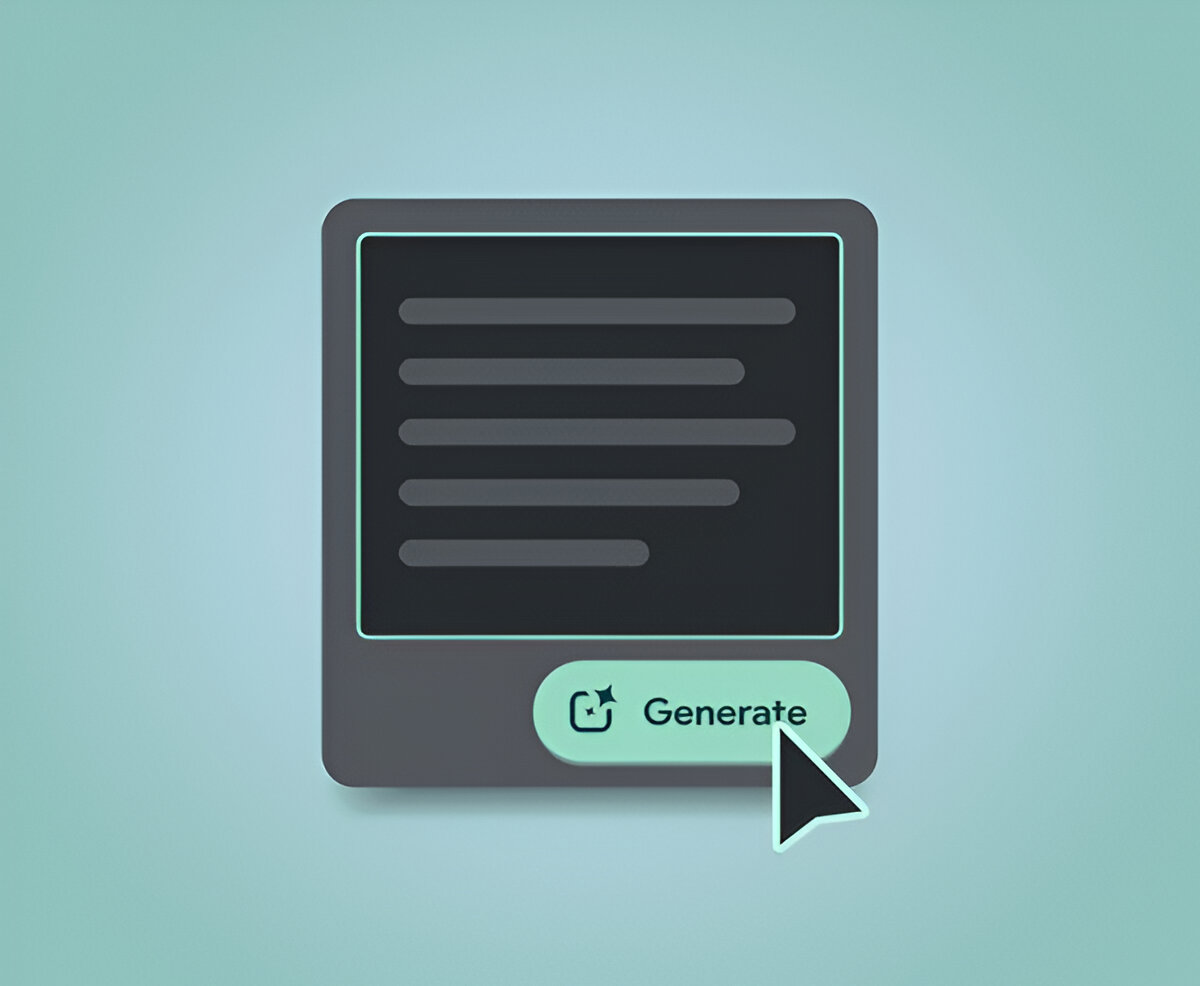As technology evolves, businesses increasingly utilize artificial intelligence (AI) to enhance various processes, including content creation. With the rise of AI-generated content, distinguishing between human-written and AI-generated text is essential for maintaining authenticity and trust in the digital landscape. Understanding the limitations of AI content detectors is crucial for effective use.
The Role of AI in Digital Marketing
AI-driven content has transformed marketing by enabling faster and scalable production. Tools like ChatGPT allow businesses to create blog posts, social media captions, and more quickly. However, as AI usage grows, so does the need for tools that ensure content quality and originality. AI content detectors are vital for businesses aiming to maintain credibility, especially in industries like custom development services and digital marketing.
What Are AI Content Detectors?
AI content detectors analyze text to determine if it was generated by AI. By leveraging machine learning (ML) and natural language processing (NLP), these tools identify patterns characteristic of AI-generated content, such as:
- Repetitive or simplistic phrasing
- Lack of emotional nuance or depth
- Unusual stylistic patterns
These patterns assist in identifying AI-generated text across various contexts, from blog posts to social media updates.
Key Use Cases for AI Content Detectors
AI content detectors are employed in multiple sectors to ensure the quality and authenticity of written material. Some key applications include:
- Education: Detecting AI-assisted writing in student submissions.
- Marketing & Journalism: Ensuring content originality and avoiding plagiarism.
- Professional Applications: Protecting brand reputation and ensuring compliance in marketing materials.
Despite their utility, advanced detectors face challenges like false positives, where human-written content may be incorrectly flagged as AI-generated. This emphasizes the importance of combining automated tools with human oversight.
Evaluating AI Content Detectors
The accuracy of these detectors varies; some achieve success rates up to 84%. However, their effectiveness often depends on the complexity of the content. False positives and outdated algorithms are common concerns. Businesses using AI tools should balance automated detection with manual review to ensure optimal results.
Best AI Detectors in 2024
Here are some reliable tools for detecting AI-generated content:
| Tool | Features |
| Sapling | 97% accuracy with integrated grammar checks |
| Scribbr | Multilingual support and plagiarism detection |
| Surfer | Combines advanced analysis with content optimization |
Selecting the right tools can help businesses optimize their content marketing strategies while ensuring authenticity and high quality.
Improving AI-Generated Content
If your content has been flagged by AI detectors, consider these strategies to enhance its human-like quality:
- Personalize the Content: Add emotional depth and creative elements.
- Diversify Vocabulary: Avoid repetitive phrases typical of AI-generated text.
- Enhance Narrative: Include original ideas that reflect your brand’s voice.
At Zmartworkz, we specialize in creating authentic, high-quality content that blends AI efficiency with human creativity. Our team understands the nuances of content marketing, ensuring your brand’s message resonates with your audience while maintaining credibility.
Future Trends in AI Content Detection
As AI technologies evolve, so will content detection tools. Incorporating these detectors into broader strategies can enhance compliance, quality, and engagement. By partnering with an experienced team like Zmartworkz, businesses can stay ahead in the competitive digital landscape.
FAQs About AI Content Detectors
What is an AI content detector?
Tools that analyze text to determine if it was generated by artificial intelligence using ML and NLP techniques.
How accurate are AI content detectors?
Accuracy varies; many tools achieve 60-84% accuracy but may struggle with heavily edited content.
Can they identify human-edited AI content?
Some detectors have difficulty distinguishing thoroughly edited AI text from human-written material.
Why do they mislabel human-written content?
False positives occur when stylistic markers resemble those of AI-generated text.
Are there free detectors worth using?
Yes, tools like Sapling and Scribbr offer reliable free versions; premium options like Surfer provide enhanced features.
Should businesses rely solely on these detectors?
They should be supplementary; combining automation with human review ensures better outcomes.
How can I improve my AI-generated content?
Incorporate original ideas and emotional nuance to enhance authenticity and engagement.
Optimize Your Digital Strategy with Zmartworkz
Navigating the complexities of AI content detection doesn’t have to be overwhelming. At Zmartworkz, we craft innovative strategies tailored to your business goals. Whether refining your content marketing or integrating AI into your workflow, we are here to help you achieve measurable success. This revised draft maintains a focus on SEO best practices while ensuring all necessary links are organically integrated into the text where appropriate for your website’s context.


